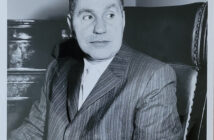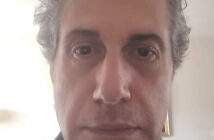A few days ago the Russian Orthodox Church elected a replacement for Patriarch Alexy II. On the 27th of January Metropolitan Kirill of Moscow was appointed Patriarch-elect for the Orthodox Christian Church of Russia. The choice has been generally well-received by the Orthodox community.
The Russian Orthodox Church is often said to be the largest community in the Eastern Orthodox tradition. The influence of the Moscow-based church spreads far outside Russia’s borders. Only 65% of the Church’s adherents are ethnic Russians.
Because of its numbers and cross-cultural reach the Church’s election of the new Patriarch has been a closely watched event. Speculation ranged, but in the end the odds-on favorite got the nod. The question now is how does this new leader view relations with other Christians, particularly the one billion member Roman Catholic Church?
Rome and Moscow have a long and complicated history. The Roman Catholic and Eastern Orthodox traditions have been locking horns for well over a millennium on certain issues of dogma (more info here) and with the election of Metropolitan Kirill is looks like those old differences might push the two largest non-Protestant branches of Christianity farther apart.
Metropolitan Kirill recently commented that,” we (the Russian Orthodox Church) have to be accountable for a great number of differences in doctrine and practice between the Orthodox and the Catholic Churches and, in this regard, there is no room for compromise.”
Regardless Pope Benedict XVI offered words of congratulation upon Metropolitan Kirill’s election, citing Kirill’s vital role in communication between Rome and Moscow in the last few years. Many feel there is some hope of the Pope visiting Moscow in the near future, a wish that Pope John Paul fervently held. While the previously slim chance of this visit has improved, the road to true reconciliation and full communion between the Roman Catholic and Russian Orthodox Churches is certainly a long way off.



